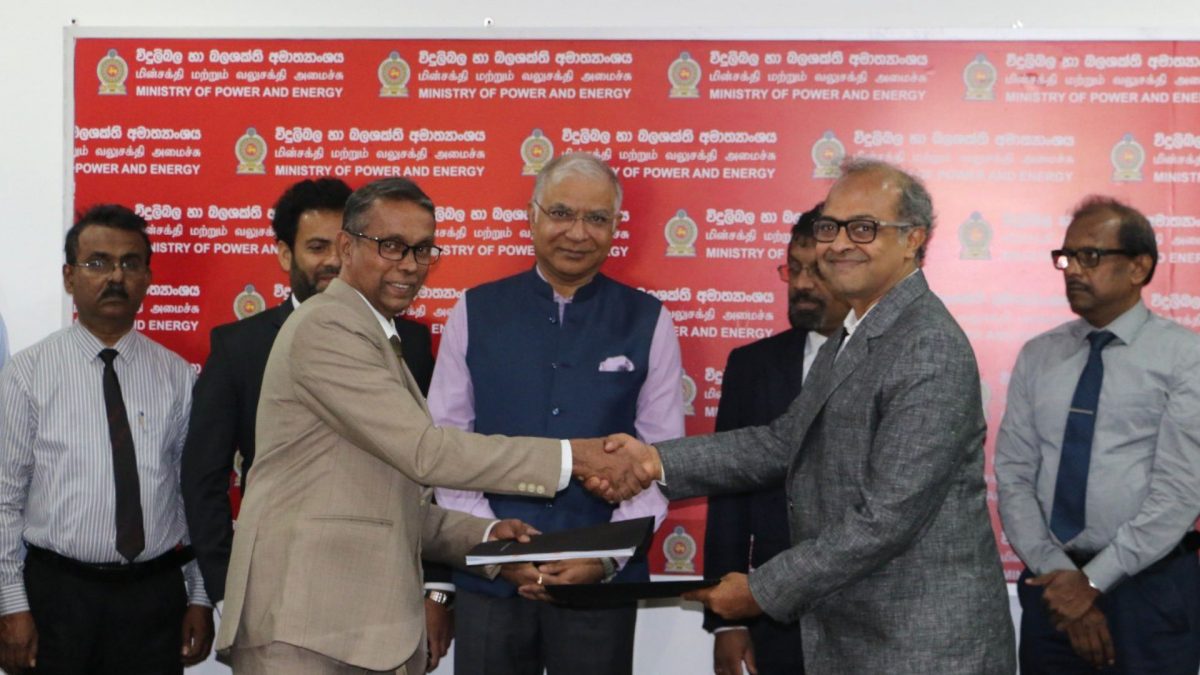LONDON (Thomson Reuters Foundation) - The three West African countries worst hit by Ebola risk a “double disaster” unless a multi-million dollar plan is put in place to help their economies recover, Oxfam said on Tuesday.
In Liberia, Guinea and Sierra Leone people were struggling to make ends meet having seen their incomes plummet, the aid agency said.
“The world was late in waking up to the Ebola crisis, there can be no excuses for not helping to put these economies and lives back together,” Mark Goldring, Oxfam’s chief executive, said during a visit to Liberia.
He said a post-Ebola “Marshall Plan” should address three areas of urgent need: cash for families affected by the crisis, investment in jobs and support for basic services.
“People need cash in their hands now, they need good jobs to feed their families in the near future and decent health, education and other essential services,” Goldring said.
Research by Oxfam in three Liberian counties found that three in four families had seen their incomes decline, with an average income drop of 39 percent.
Coupled with a loss of income, food prices in Ebola-affected areas have risen. In Liberia, rice prices were 40 percent above the seasonal average.
As a result, some adults said they were cutting back on food in order to feed their children. Oxfam said that 60 percent of people interviewed told them they had not had enough food in the past seven days.
Liberia and Sierra Leone were two of the fastest growing economies in Africa before the Ebola crisis, but in both countries more than half of the population lived below the poverty line.
According to World Bank, since the outbreak of the disease nearly 180,000 people have lost their jobs in Sierra Leone, and half of household heads in Liberia were out of work.
“Failure to help these countries after surviving Ebola will condemn them to a double-disaster,” Goldring said.
The Ebola outbreak has claimed more than 8,600 lives since it was detected in Guinea in March, the World Health Organisation said last week. It said West Africa’s outbreak is ebbing.
In the countries directly affected, the virus will result in at least $1.6 billion in lost economic growth this year or over 12 percent of their combined GDPs, according to the World Bank.
Oxfam called for an international pledging conference to discuss recovery plans backed by financial support to help rebuild lives and help crisis-affected economies recover.
(Reporting By Magdalena Mis; Editing by Ros Russell)
This story has not been edited by Firstpost staff and is generated by auto-feed.


)




)
)
)
)
)
)
)
)